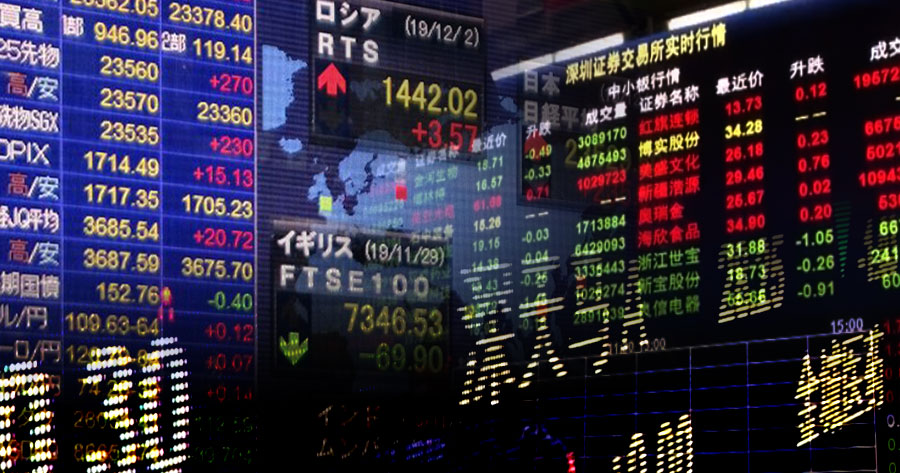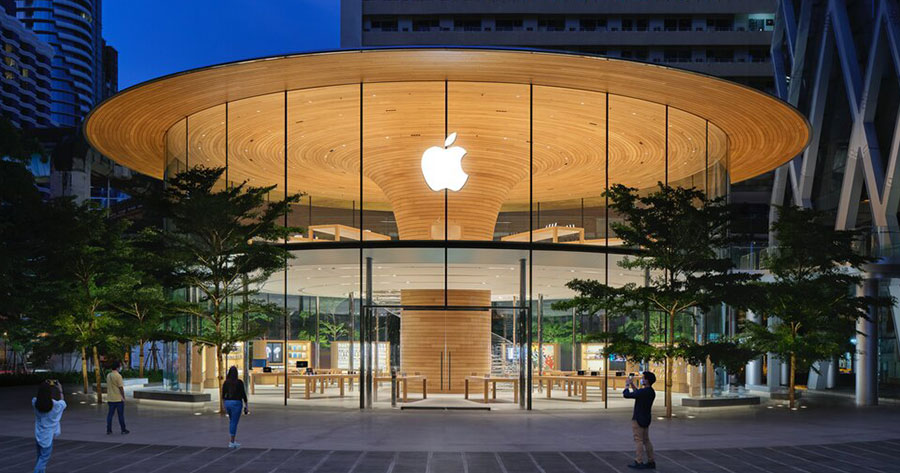On Tuesday, Asian stocks followed Wall Street’s lead and edged higher as investors digested the prospect of future hikes in interest rates.
With Hong Kong’s Chief Executive John Lee’s announcement to end the city’s mask mandate as of March 1, the Hang Seng index is up 0.39% as of 9:32 a.m. (Thai time).
The Shanghai Composite Index increased by 0.16% in mainland China.
Despite Japan’s greatest monthly decrease in factory output in eight months (4.6% in January compared to December), the Nikkei 225 was up 0.37%.
The benchmark Kospi index in South Korea climbed 0.87%.
The Australian S&P/ASX 200 Index increased by 0.50% after January retail sales came in at 1.9%, which was better than the 1.6% forecast. Experts had predicted a 1.5% increase.
After Wall Street’s worst week ever, equities recovered overnight on Monday as investors attempted to recoup some of their losses. The Nasdaq Composite had the most rise of the three major American indexes at the market’s close.
On Monday, the government released a report showing that core capital goods orders in the United States increased in January, exceeding expectations, and that contracts to purchase previously owned homes surged at their fastest pace in over 2.5 years.
The report on personal consumption expenditures released on Friday was hotter than expected, so the market was anticipating that the U.S. Federal Reserve would need to maintain its hawkish course for longer after seeing the data released on Monday.
Market expectations for Fed rate hikes currently indicate to a peak of roughly 5.4%, up from the current range of 4.50% to 4.75%, with a likelihood of a further 50 basis point increase in March.





